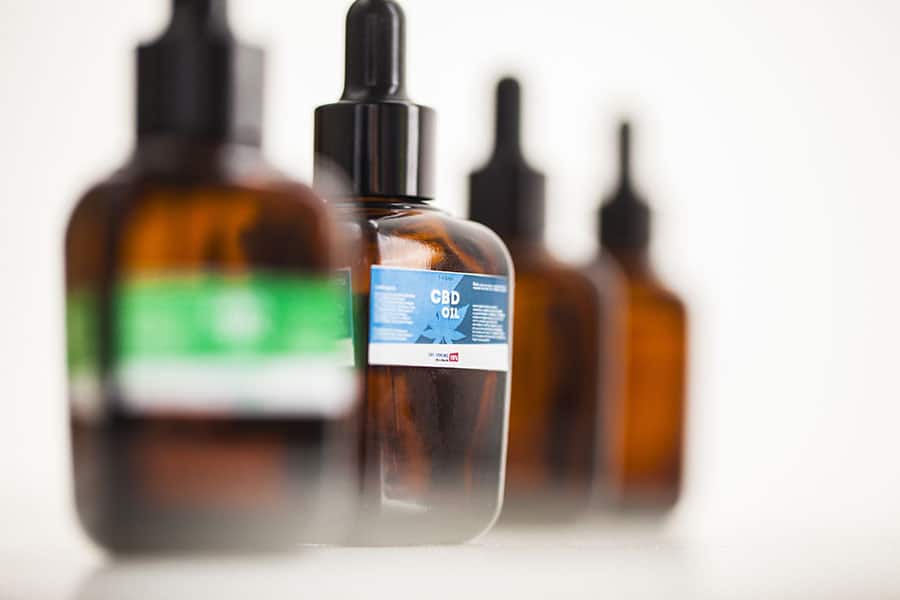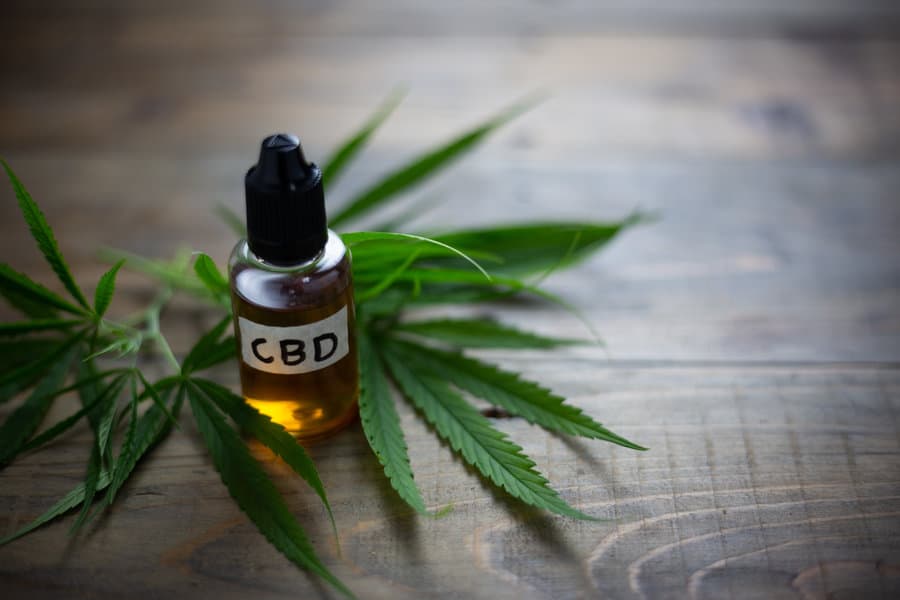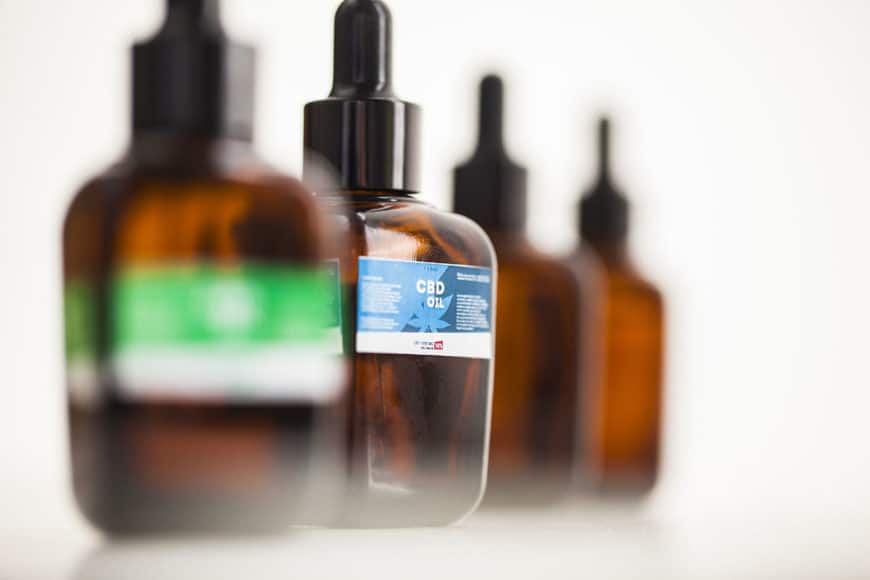
CBD coffee is everywhere right now, usually sold as a simple promise: keep the focus of caffeine, lose the jitters, feel calmer. But mixing CBD oil with coffee isn’t a guaranteed upgrade. It’s a real interaction between two active compounds, and the outcome depends on your caffeine sensitivity, sleep habits, and even what medications you take.
In this guide, you’ll learn what CBD in coffee may change, what it probably won’t, the side effects people actually report, and the safety issues worth taking seriously before you make it part of your daily brew.ee
What it might change, what it won’t, and the safety issues people skip
CBD coffee gets sold as a simple idea: keep the alertness of caffeine, smooth out the jitters with CBD. Some people swear it works. Others feel nothing. A few feel worse.
The honest way to approach CBD in coffee is not as a guaranteed wellness upgrade, but as an interaction between two biologically active compounds. You’re mixing a stimulant with something that can be calming or sedating depending on the person, the dose, and the product.
Quick disclaimer: This article is general information, not medical advice. If you take prescription medications, have liver disease, are pregnant or breastfeeding, or you’re using CBD for a medical condition, talk with a clinician before using CBD.
Why people add CBD to coffee in the first place

Most people aren’t trying to treat a serious medical condition. They’re trying to change how coffee feels. This section is about the real-world motivations behind the trend, because it explains why expectations often run ahead of evidence.
Common reasons:
- Coffee makes them anxious, jittery, or edgy
- Coffee helps focus but feels too “spiky”
- They want a calmer morning routine without switching to decaf
That’s a reasonable goal. What’s not reasonable is treating CBD coffee as a proven health intervention. The evidence isn’t strong enough, and the retail CBD market is inconsistent enough that two people can do “the same thing” and have totally different experiences.
What CBD is and what it isn’t
A lot of confusion comes from people treating “CBD” like a single, standardized ingredient. It isn’t. How CBD is produced, formulated, and labeled determines how predictable it is and how safely you can use it. CBD (cannabidiol) is a cannabinoid found in cannabis and hemp. It does not produce the intoxicating high associated with THC.
One reality check matters here: prescription CBD exists for specific medical uses, but most CBD you can buy online or in stores is not regulated like a medication. That means product consistency, purity, and dosing can vary widely.
The most important update since your original article: regulation and quality control
The biggest shift over the last several years isn’t that CBD suddenly became “proven.” It’s that the public got more familiar with it while regulators and medical groups kept emphasizing the same issue: quality control is uneven, and health claims outpace the science.
What this means for you:
- Labels are not always reliable
- Potency can vary from batch to batch
- “CBD” products may contain more or less CBD than expected
- Some products may contain THC even if that’s not what you want
If you’re adding CBD to coffee every day, consistency matters. Without it, you can’t even tell whether you’re testing “CBD + caffeine” or “random dose + caffeine.”
What the evidence suggests CBD might help with (and what’s still shaky)
CBD gets marketed as a cure-all. It isn’t. The best way to write about CBD responsibly is to separate “possible” from “proven,” and to be clear that most consumer use cases are still in the gray zone.
Here’s the grounded version:
Anxiety and “coffee jitters”
Some people use CBD for anxiety and report a calmer baseline. But it’s not a guarantee, and outcomes depend on dose, formulation, and the person. If caffeine reliably triggers anxiety for you, CBD might blunt that for some people, but it may do nothing for others.
Sleep
CBD is commonly used for sleep, but results are mixed and often dose-dependent. Also, putting CBD into a caffeinated drink and expecting better sleep later can be self-defeating if the real issue is caffeine timing.
Pain and inflammation
Some people report relief, but broad claims are where CBD marketing gets sloppy. Treat “anti-inflammatory” as a hypothesis, not a promise.
CBD + caffeine: what may happen when you mix them
This is where the article should live. CBD coffee isn’t primarily about CBD. It’s about changing the caffeine experience. If you frame it that way, the advice becomes clearer and safer.
Here are common outcomes people report, with the caveat that they’re not universal:
1) You may feel calmer, but you may also feel tired
CBD can make some people drowsy or “heavy.” If you pair that with caffeine, you can end up with a push-pull feeling: alert but not quite sharp, wired but tired, or calm but unmotivated.
2) Anxiety can improve, or it can stay the same
If coffee makes you jittery, CBD may or may not change that. If anxiety is severe or persistent, CBD coffee isn’t the right tool. Treat it as a personal experiment, not a solution.
3) Timing matters more than most people think
If caffeine affects your sleep, CBD won’t reliably protect you from that. A simpler fix is usually stopping caffeine earlier in the day or reducing total caffeine.
The safety section
Most CBD coffee articles fail because they treat CBD like a harmless flavor additive. It isn’t. You don’t need to panic about it, but you do need to treat it like an active compound that can interact with your body and, in some cases, your medications.
1) Drug interactions
CBD can affect how other medications are metabolized. If you take prescriptions, do not assume CBD is “no big deal.” This is the strongest reason to talk with a clinician before using CBD regularly.
2) Liver considerations
There are well-documented concerns about CBD and liver enzymes in some contexts. That doesn’t mean a small amount in coffee will harm everyone. It means you should not describe CBD as risk-free, and people with liver disease or abnormal liver enzymes should be cautious.
3) Side effects you should expect are possible
Common side effects people report include:
- Drowsiness or fatigue
- GI upset (diarrhea, nausea)
- Appetite changes
- Dry mouth
4) Alcohol and other sedating substances
Combining CBD with alcohol or other sedating substances can amplify drowsiness and impairment. If you’re using CBD to “smooth out” caffeine, be especially careful about stacking other sedatives.
Does hot coffee “ruin” CBD?
People ask this constantly, and most answers online are overconfident. The clean answer is: we don’t have strong, practical data that lets anyone promise exactly how heat affects CBD in a real mug of coffee across products.
What matters in practice:
- Formulation (oil-based vs water-soluble/emulsified products)
- How hot the coffee is
- How long it sits hot
- How well it mixes
If you care about predictability, use products intended for beverages with clear labeling and consistent testing.
If you still want to try CBD in coffee, do it like a cautious adult

This isn’t a dosing guide. It’s a way to avoid the most common mistakes people make when they experiment.
A conservative approach
- Start low. Don’t take more just because you don’t feel it quickly.
- Don’t change multiple variables at once (new coffee + new CBD + new brew method).
- Try it on a low-stakes day first. If it makes you drowsy, you want to learn that before driving or doing safety-critical work.
- Keep caffeine moderate. If you’re trying to reduce jitters, pairing CBD with an aggressive caffeine dose often defeats the point.
What to look for in a CBD product (minimum standard)
- Clear label with mg of CBD per serving
- Batch-specific third-party lab testing (COA)
- Minimal additives
- Clear disclosure of THC content
Coffee health claims: keep them grounded
Your older draft leaned hard into “coffee is extremely healthy.” The better version is more careful: large observational studies often find an association between moderate coffee consumption and certain health outcomes, but association isn’t causation.
A practical way to say it:
- For many people, moderate coffee can fit into a healthy lifestyle.
- For some people, coffee clearly causes problems (anxiety, insomnia, palpitations, reflux).
- Personal response matters more than population averages.
If coffee messes with your sleep, that alone can outweigh any theoretical benefits.
Who should not do CBD coffee without medical guidance
This is the line in the sand. If any of these apply, don’t crowdsource your health decisions from coffee blogs.
- You take prescription medications
- You’re pregnant or breastfeeding
- You have liver disease or abnormal liver enzymes
- You’re using CBD for a serious medical condition where consistent dosing matters
- You have a history of problematic sedation, fainting, or sensitivity to supplements
Final thoughts
CBD coffee can be a pleasant ritual for some people. But the “benefits” aren’t a checklist you can guarantee. The smarter frame is:
- CBD may change how caffeine feels
- It can also cause side effects and interact with medications
- Product quality and labeling still vary widely
- If you try it, start low, change one thing at a time, and treat it as an experiment, not a treatment plan

